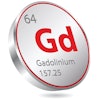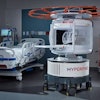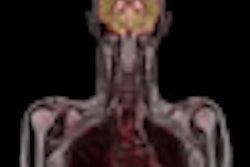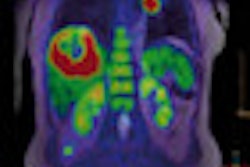Teva Neuroscience is touting the results of a study that used an advanced MRI technique to show the benefits of its Copaxone (glatiramer acetate injection) treatment for reducing the frequency of relapses in multiple sclerosis (MS) patients.
Researchers from the University at Buffalo found that relapsing-remitting multiple sclerosis patients treated with Copaxone experienced significantly increased magnetization transfer ratio (MTR).
The MRI technique can detect abnormalities in brain structures, and increased MTR values indicate potential regeneration of the nerve's myelin sheath and axonal tissue repair, both of which may stymie the progression of MS.
The 12-month study included 40 relapsing-remitting MS patients who received Copaxone every day for 12 months. At the end of one year, MR images showed that treatment with Copaxone resulted in a noticeable amount of tissue repair among the study patients and increases in MTR, which signaled the potential for myelin sheath regeneration.



.fFmgij6Hin.png?auto=compress%2Cformat&fit=crop&h=100&q=70&w=100)




.fFmgij6Hin.png?auto=compress%2Cformat&fit=crop&h=167&q=70&w=250)











